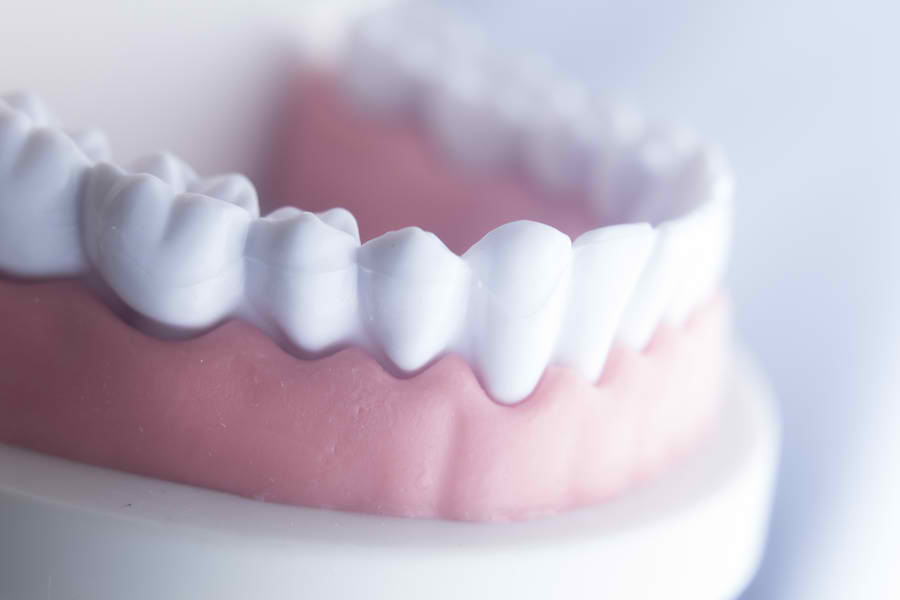The gums are part of the tissues that support the teeth in the jaws, sometimes the gums may become diseased.
One of the first symptoms of a gum disease is bleeding while brushing or flossing. Other symptoms may be swollen gums, painful gums or a bad breath.
If untreated, gum disease can progress to affect the bone supporting the teeth resulting in a condition known as periodontitis.
The most common causes of unhealthy gums are bacteria in the mouth. There are different groups of bacteria that can be found in the mouth, some are healthy and beneficial while some others can be really harmful and thrive in poor oral hygiene.
In treating gum disease, practising good oral hygiene is the first step and cannot be overemphasized.
WHAT TO EXPECT
Your dentist will introduce himself to you. He will also listen to your complaints and take a good history. He will examine your mouth and may take radiographs to assess the health of the jaw bone beneath the gums.
He will discuss treatment options with you depending on the gum disease.
The treatment may include
This is a basic treatment of gum disease. The aim is to remove dental plaque (a bacterial biofilm that sticks to the teeth) and dental calculus (hardened plaque). These harbour bacteria that damage the gums and bones around the teeth
.
This is a deep clean beneath the gums to remove bacteria from the surfaces of the roots of the teeth. This is usually done when there is an abnormal pocket in your gums caused by an abnormal separation of your gums from your teeth. This treatment will help the gums reattach to your teeth.
Your dentist may prescribe antibiotics or pain killers if needed.
You may need to stop bad oral habits like smoking and the use of sharp objects such as such toothpicks, pins, needles on your teeth. Smoking does a lot of damage to the gums and makes them very unhealthy.
More advanced treatment include surgeries ; gingivectomy, gingivoplasty, , gum grafts, flap surgeries.
Your dentist will explain all these to you if they need to be done.
Catch and treat gum disease early
At the early stages, you may not realise you have gum disease unless your dentist finds it out. So, see your dentist every six months even if you have no complaints or discomfort.
FAQ
The gums have high repair and regenerative capacities. After treatment, the gums will usually heal very well.


